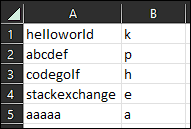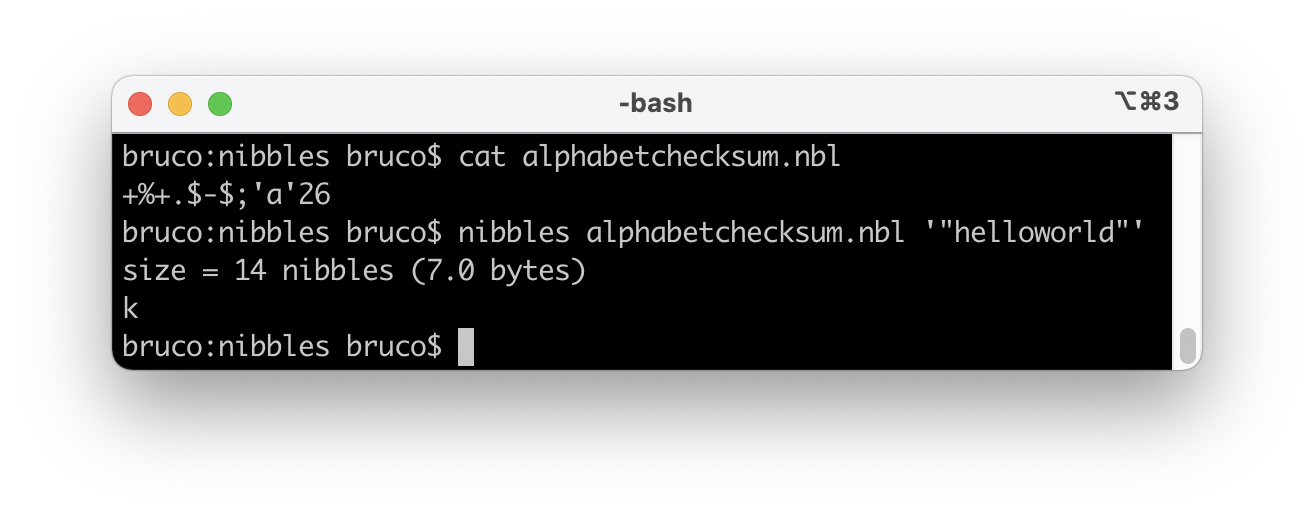Your task
Given a string of lowercase letters, output the "alphabet checksum" of that string, as a letter.
Example
Let's say we have the string "helloworld". With a = 0, b = 1, c = 2 ... z = 25, we can replace all of the letters with numbers:
h e l l o w o r l d 7 4 11 11 14 22 14 17 11 3 Now, we can sum these:
7+4+11+11+14+22+14+17+11+3 = 114 If we mod this by 26, we get:
114 % 26 = 10 Now, using the same numbering system as before, get the 10th letter, k. This is our answer.
Test cases
Input Output helloworld k abcdef p codegolf h stackexchange e aaaaa a This is code-golf, so shortest code in bytes wins.


